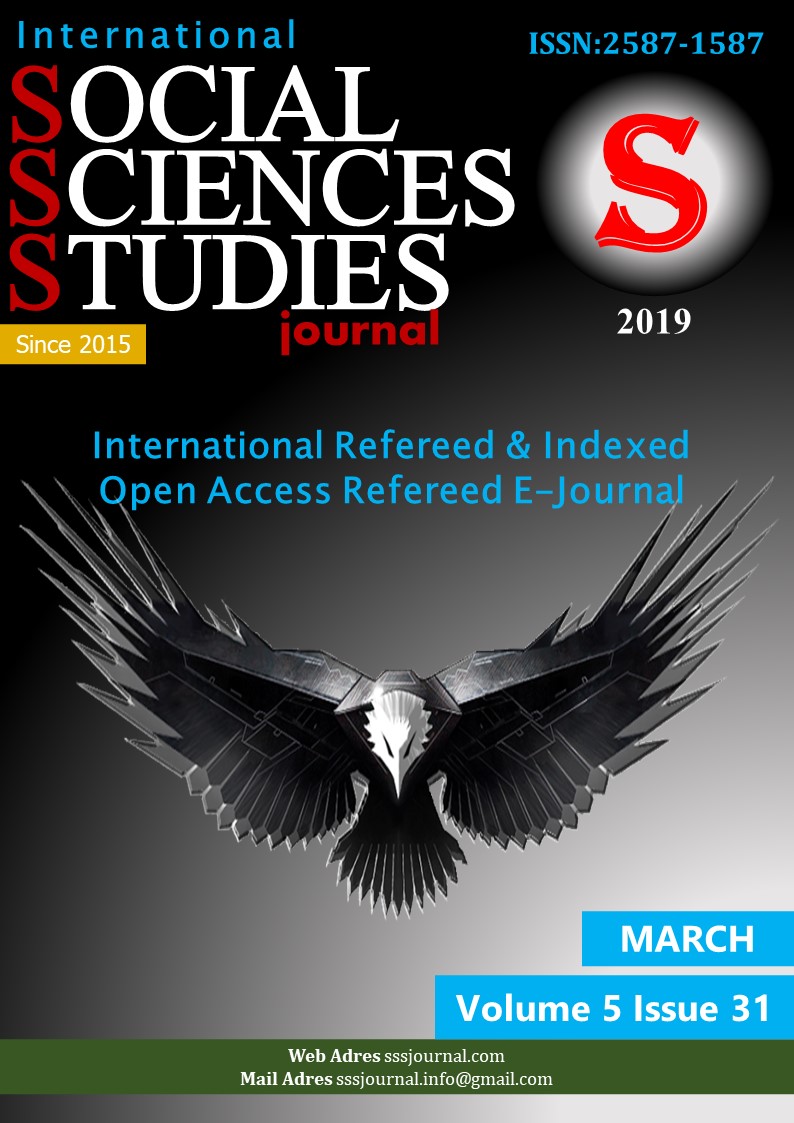Author :
Abstract
İşletmeler insanların kurdukları kurumlardır. İnsan hayatı ile sınırlı olmamakla birlikte kurulmaları ile birlikte çocukluk, ergenlik-gençlik evreleri, büyüme dönemleri, olgunlaşma evreleri ile yaşlanma süreçleri tıpkı insanların yaşam şekline benzemektedirler. Tartışmasız olarak kurucuların şirketleri üzerine etkileri çok yüksek olup onlarının karakter ve kültürünün oluşmasında büyük payları vardır. Doğru yönetilip büyüdüklerinde insanlara ve dolayısıyla toplumlara örnek kurumlar halini alırlar. Bu başarı hikayesinin sağlanabilmesi için şirket kurucuları başta olmak üzere, çalışanlarının davranış kalıpları, değer yargıları, psikolojik ve ruhsal yapıları, yönetimsel becerileri ile insan ilişkileri analiz edilmeli ve şirketin ihtiyacı olduğu sağlıklı büyüme ile gelişmesini sağlayacak mekanizmaları kişileri bilinçlendirerek sisteme entegre etmek gerekmektedir. Bu yazıda kısaca; şirketin kuruluş amacı, en yaygın şirket tipi, insan davranışları, şirket yapısı, yönetim şekilleri, şirket performansına negatif etki eden durumlar, değişime ayak uydurma ve şirketlerin yüksek önem arz eden birimlerine değinilmiştir.
Keywords
Abstract
Companies are formed by human beings. Like a human being when a company is formed it starts its journey by passing through many stages like the infancy and continues its growth as a teen to a more mature entity throughout the years. Unparallel to the human life span it also ages and starts to decline over the years. The founders have a tremendous impact on the growth of the company. Usually, the founders are entrepreneurs who are by nature opportunists who inherit high self-motivation and confidence and are compulsive individuals. The traits of the individual are passed on to the company as a behavior pattern and a culture in doing business with people, organizations, and society in general. Hence, its very important to analyze the core values of the company and identify the reason of its being in business, and search for answers concerning: Are the proper tools and channels used for healthy growth? Is the company being managed properly to attain sustainable growth? What are the risks and problems ahead which could halt the healthy functioning of the company? This article analyzes company formation in light of the topics given in the Key Word section of this article.
Keywords
- Aguayo, R. (1994). Dr. Deming. istanbul: Form Yayınları.
- Aguayo, R. (1994). Dr. Deming. istanbul: Form Yayınları.
- Cardoso, S. H. (2001). Communication Between Nerve Cells. Retrieved from www.cerebromente.org: http://www.cerebromente.org.br/n12/fundamentos/neurotransmissores/neurotransmitters2.html
- Hürriyet-Ekonomi. (2017, 10 04). Türkiye'deki İşletmelerin %95'i Aile Şirketi. s. 1.
- Kabakçı, E. (2017). Sosyoloji Tarihi. İstanbul Üniversitesi: AUZEF.
- Kotter, J. (2018). 8 steps procees for leading change. https://www.kotterinc.com/uniquely-kotter/. Northouse, P. G. (2014). Liderlik Kuram ve Uygulamalar. İstanbul: SÜRAT.
- Retailor.net. (2015, 7 15). Dünyanın en büyük aile şirketleri. s. 1.
- Seymen, A. F. (2017). Critical Research and Analysis piror to opening hotels in İstanbul, Turkey. IJSER.
- Seymen, A. F. (2017). Different Leadership Styles & its application in the daily management of a business hotel in İstanbul. Turkey. IJSER.
- Seymen, A. F. (2018). Cancerous cells within an organization deterring the healthy running of daily operations - in the Hospitality Industry. IJISRT.
- Stanford, N. (2010). Organization Culture. London: The Economist in Association with Profile Books LTD. Stroke, N. I. (2016, 12 16). The Life and Death of a Neuron. Retrieved from www.ninds.nih.gov:
- Weber, M. (2017). Protestan Ahlakı ve Kapitalizmim Ruhu. İstanbul: Oda Yayınları.





